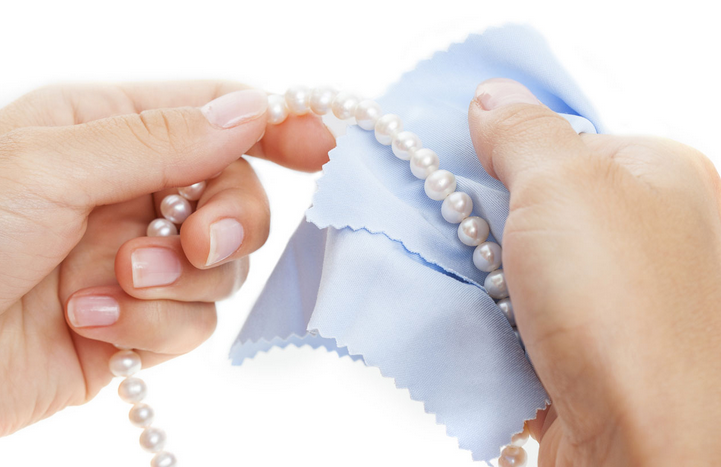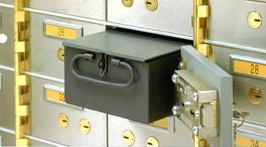People spend lots of money buying fine quality precious gems, but then don’t clean them regularly. The gems then lose their sparkling lustrous appearance. With precious stones, a dirty stone can appear much lower in quality than it really is, as grime builds up on the surfaces of the gem.
People spend lots of money buying fine quality precious gems, but then don’t clean them regularly. The gems then lose their sparkling lustrous appearance. With precious stones, a dirty stone can appear much lower in quality than it really is, as grime builds up on the surfaces of the gem.
Here are our top 10 tips for keeping your jewellery clean and safe:
- Check for moving gems regularly. When a gem is loose it is at risk of falling out. You can check for movement by rubbing your finger nail on the side of the stone. If you notice movement, place the item in a ziplock bag and take to your trusted jeweller for tightening.
- Check the lock. When putting on or taking off bracelets, earrings and necklaces, pay attention to the condition of the lock (or clasp, or butterfly). If it is becoming loose, stop wearing the item and take to your trusted jeweller for adjustment – which is usually quick and easy. Jewellery wears over time, so be alert if you notice your locks are not “clicking” like they use to. Listen out and feel the “click” noise to make sure your piece is securely closed.
Image

- Keeping them clean is not too difficult and can be done at home. For diamond jewellery, use ammonia (or household spray such as “Spray and Wipe” is an alternative) diluted in warm water with a tooth brush to rub off grime build up. Rinse with warm water when finished and leave to dry. Important: This type of cleaning treatment can damage some gemstones such as tanzanite, emerald, pearls, opal and amber. So stick to diamond jewellery to be safe or check your particular gemstones cleaning guidelines. For more information check out our learning centre.
- Pearls are sensitive. Keep your pearls away from perfume, hair spray and body lotions. Best to put them on after you’ve done your make up! Wipe your pearls with a soft, lint-free cloth as soon as you take them off. Store in a jewellery box or soft cloth to reduce the likelihood of scratching. Never clean your pearls with solutions that contain ammonia or harsh detergents.
- Diamonds are not indestructible. Although they are the hardest known natural substance, they can still break when hit along a cleavage plane, or when hit by another diamond. Take off your diamond jewellery when doing rough work. Additional caution would need to apply when dealing with other gems that are not as hard as diamond such as tanzanite, emerald, topaz and pearl.
- Avoid swimming with jewellery. Steer clear of wearing jewellery and taking jewellery to the beach and when swimming . Any piece falling off would be very difficult to find. Swimming pools have chemicals that can be harmful to jewellery and pearls.
- Check the size. Avoid wearing rings that are too big for you. Particularly when swimming (I have personally lost my wedding ring at the bottom of Sydney Harbour) as your finger will tend to contract in cold water/weather.
- Keep safe. Store jewellery in a safety deposit box, home safe, or a regular hiding place when not being used. Never leave it anywhere else! Items should be wrapped or boxed separately to avoid scratching.
- Don’t wear jewellery to bed. Remove jewellery before sleeping to avoid accidental damage.
Image

- Get insured. Consider insuring your jewellery. Most household insurance policies will require more valuable jewellery to be itemised, look at your household policy to see if your jewellery is covered. See this Choice article for things to look out for.
